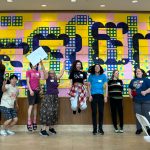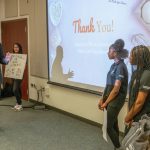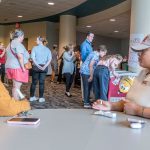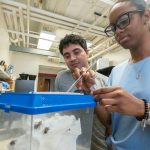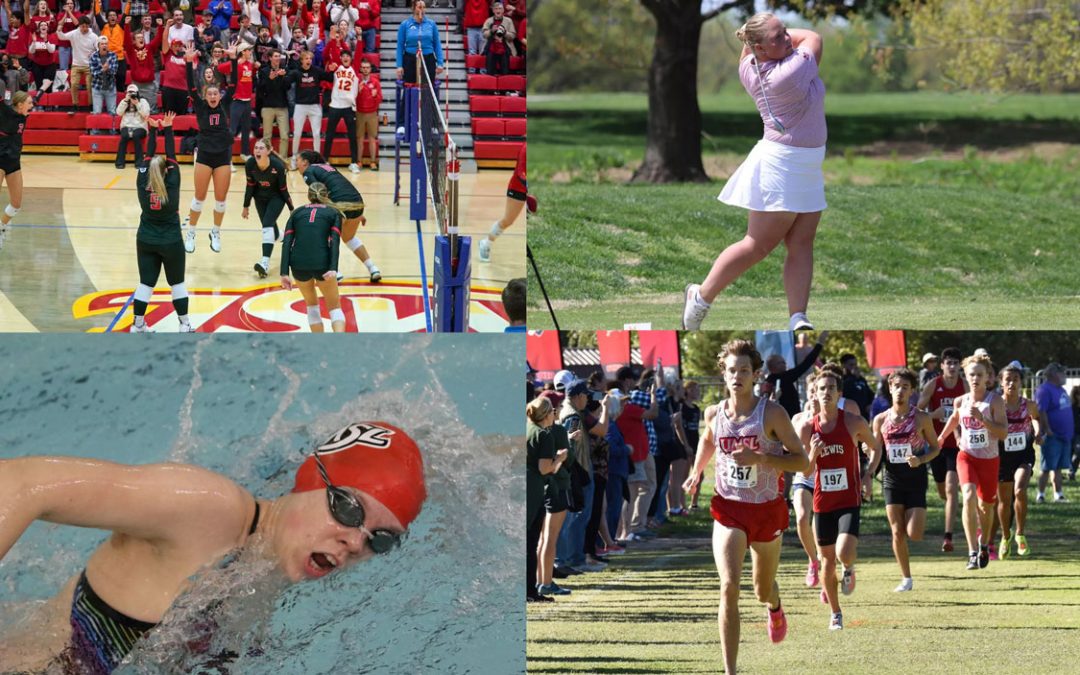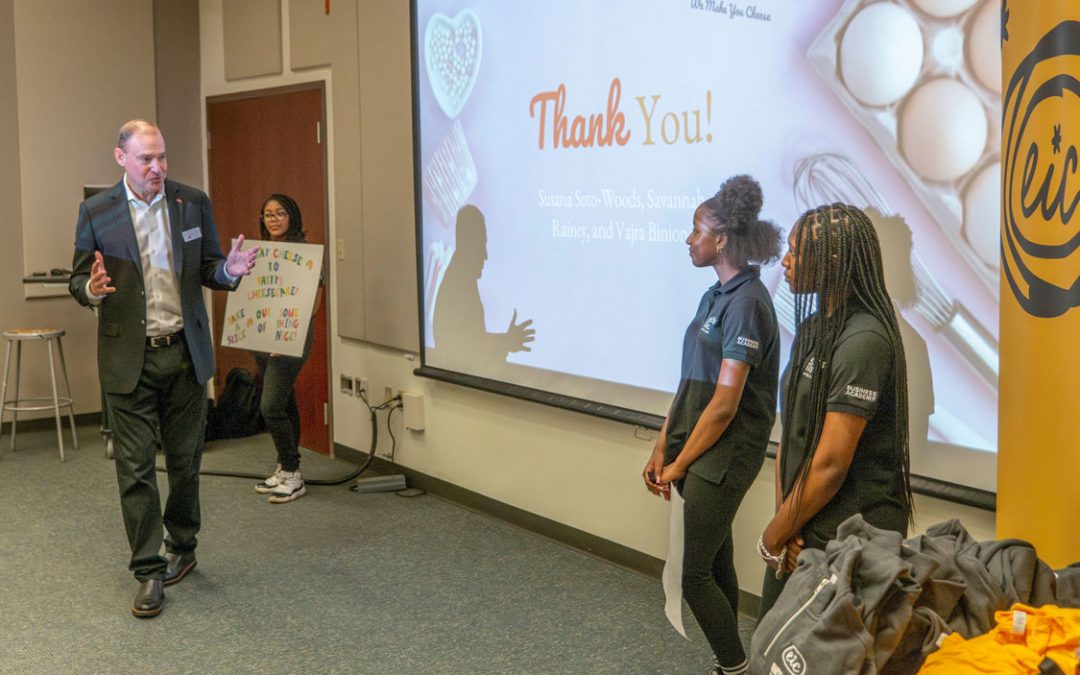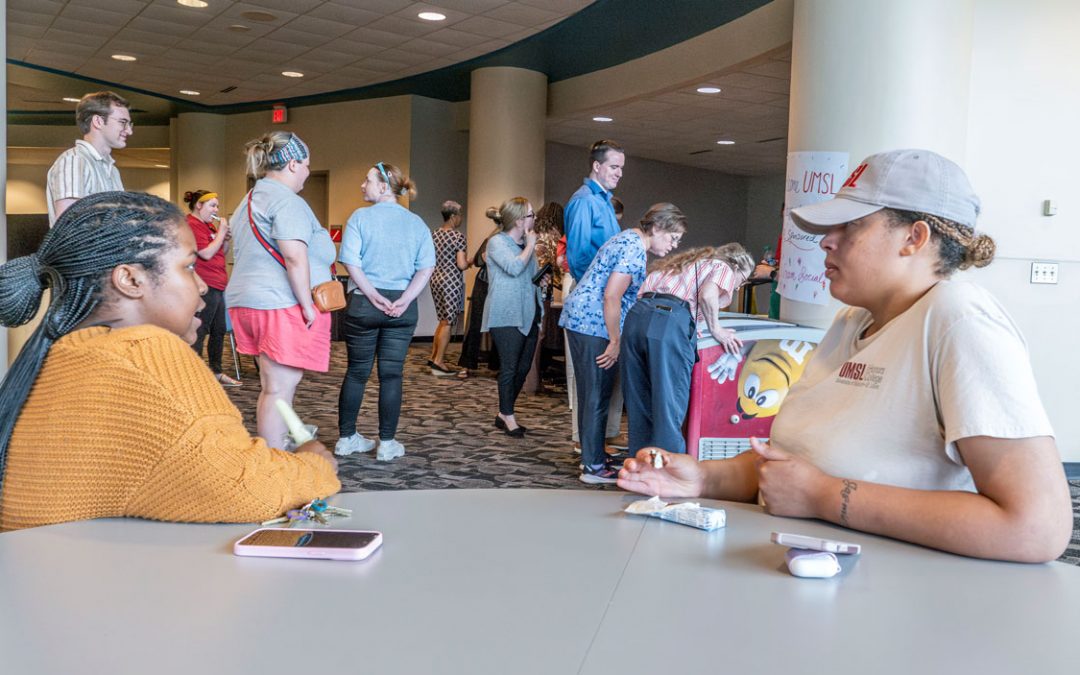
Two DEI online courses – one open to UM System and MU Extension employees and the other open to anyone in St. Louis – will kick off next month. (Shutterstock photo)
Those interested in exploring the concepts of diversity, equity and inclusion in the workplace can further their knowledge with two online courses kicking off in January.
In collaboration with MU Extension, the University of Missouri–St. Louis Office of Diversity, Equity, and Inclusion is launching two DEI online educational initiatives next month that will be co-facilitated by Marlo Goldstein Hode, UMSL’s senior manager of strategic diversity initiatives and Dwayne James, MU Extension’s equity, diversity, and inclusion director.
The first, “Diversity 101: DEI in the Academic Workplace,” is open to faculty and staff across all University of Missouri System universities, as well as MU Extension employees from around the state. The interactive online course will help participants gain knowledge, awareness and communication skills for “providing leadership around diversity and inclusion issues; working more effectively with people from backgrounds different than your own; and for making our campuses more welcoming and inclusive for everyone.”
While the course has been offered at UMSL for the past few years, this is the first time since 2016 that will be open of faculty and staff at all four universities and the first time it will include MU Extension faculty and staff in the same cohort.
“Since this cohort is open to all faculty and staff in UM System as well as MU Extension from around the state, I expect it’ll be a very diverse crowd in terms of where they’re located and what their positions are within the university system,” said Goldstein Hode, senior manager of Strategic Diversity Initiatives. “I think it should be really interesting.”
The course is fully online and asynchronous, meaning that participants can complete the coursework on their own time, and it runs January through June. It’s broken into 10 modules, featuring a new module every week or two, starting with foundational topics before moving on to more challenging ones such as implicit bias, microaggressions and privilege. Each module features a short video, an additional activity to help participants process what they’ve learned and a discussion forum to engage with other participants across the state. The course also features four live Zoom dialogues on Feb. 1, March 8, April 26 and June 7.
Goldstein Hode says the discussion is where much of the learning happens.
“The heart and soul of this course are the discussions, whether they’re asynchronous or in the Zoom sessions,” she said. “The content of the course provides some new ideas and concepts, but the learning really comes from engaging in hearing how other people see it and their experiences. When you have to write out your thoughts, it gives you a chance to process and reflect a little bit more deeply, so that helps your learning. Also, when you read and reply to other people’s posts, you get to gain a lot of different perspectives.”
The course wraps up with participants developing an action plan to apply what they’ve learned to their life and workplace by creating SMART (Specific, Measurable, Achievable, Realistic, Time-Stamped) goals. Upon completing the course, they earn a digital credential.
The second online program is the “Chancellor’s Certificate in Advancing DEI in the Workplace,” which is open to anyone in the greater St. Louis community and also runs from January to June 2023. The course is structured similarly to “Diversity 101,” featuring many of the same weekly modules, online discussions, interactive activities and Zoom sessions. But where “Diversity 101” focuses strictly on academic workplaces, the Chancellor’s Certificate applies these concepts to workplaces outside of campus. For their final assignment, participants analyze the current DEI practices at their own organization as well as strategies and tactics to improve.
A pilot program for the certificate was small but successful, featuring participants across different industries such as law enforcement, health care, Homeland Security and education. Goldstein Hode is hopeful that having individuals from different backgrounds come together in the cohort will only further participants’ understanding of diversity, equity and inclusion.
“It’s a great way to network with people who you wouldn’t normally have the opportunity to engage with and really get a lot of different perspectives,” she says. “While there are some overarching commonalities about diversity, equity and inclusion, what it actually looks like in different contexts is different. When you’re talking about DEI in health care versus DEI in an educational institution or in law enforcement, it’s very different. But also a big focus of this course is to look at specificity – what does it mean here in this particular organization, or in this particular area of the city? This will really be a tremendous way for people to broaden their understanding of what DEI is.”
For Goldstein Hode, opening up diversity, equity and inclusion programming to those outside the UMSL community is just another way for the university to fulfill its mission of building inclusive prosperity.
“As an anchor institution, it is part of our mission to engage with and support the St. Louis community and workforce,” she says. “Quality, intensive DEI education is not always so easy to find, so this program is meant to be an affordable and accessible professional development opportunity for the St. Louis-area workforce. Hopefully, employers will take advantage of the opportunity to build their employees’ capacity to advance diversity, equity, and inclusion in their organizations.”



